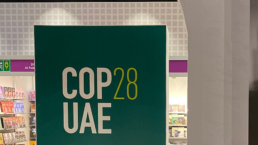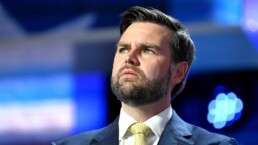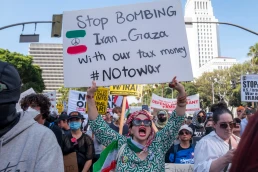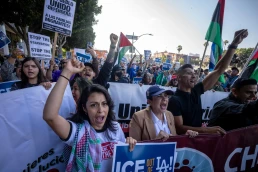World leaders have two weeks to decide the fate of the planet. How hard could it be?
by Grist staff
Every year, world leaders gather under the auspices of the United Nations Framework Convention on Climate Change to assess countries’ progress toward reducing carbon emissions and limiting global temperature rise. The most famous of these so-called Conferences of Parties, or COPs, resulted in the landmark 2015 Paris Agreement, which marked the first time the world’s countries united behind a goal to limit global temperature increase. That treaty consists of 29 articles with numerous targets, including reducing greenhouse gas emissions, increasing financial flows to the most climate-vulnerable countries, and establishing a carbon market.
This year’s COP, which commences in Dubai on Thursday, is all about determining whether that agreement succeeds or fails. For the first time since the Paris accords, the negotiators assembled at COP28 over the next two weeks will conduct a “global stocktake” to measure how much progress they’ve made toward those goals.

While activists up the ante with disruptive protests and industry leaders hash out deals on the sidelines, the most consequential outcomes of the conference will largely be negotiated behind closed doors. In the coming weeks, delegates will pore over language describing countries’ commitments to reduce carbon emissions, jostling over the precise wording that all 194 countries can agree to. (In past years, negotiations have been saved by shifting a single comma.)
With more than 70,000 participants expected — not just national negotiators but also academics, activists, and civil society representatives — this year’s meeting promises to be particularly contentious. The conference is being hosted by the United Arab Emirates, the world’s fifth-largest oil producer, and is being presided over by the CEO of the country’s oil company, Sultan al-Jaber. Recent media reports suggesting that he has been using the COP28 presidency to push oil and gas deals have further stoked fears that he may not be a neutral arbiter to oversee the proceedings. Against that backdrop, countries will be negotiating the precise language that signals the world’s transition away from fossil fuels.
Recent Posts
Is A Citizens United 2.0 Right Around The Corner?
July 15, 2025
Take Action Now Is it possible for American democracy to be further degraded by the influence of billionaires? Thanks to champion of the working…
U.S. Leaders Gave Up On Diplomacy With Iran. We Must Make Them Return To It.
July 15, 2025
Take Action Now Building an antiwar movement means preventing the systemic U.S. aggression that creates the conditions for war.By Hanieh Jodat,…
What To Do When You See ICE In Your Neighborhood
July 14, 2025
Take Action Now How can you deter the Trump administration’s immigrant deportation machine when it pops up in your community? Follow these…
ICE Campaign Of Violence Will Lead To More Deaths
July 14, 2025
Take Action Now Jaime Alanis’s death shows the horrific consequences of a secret police force behaving with utter impunity.By Natasha Lennard, The…




